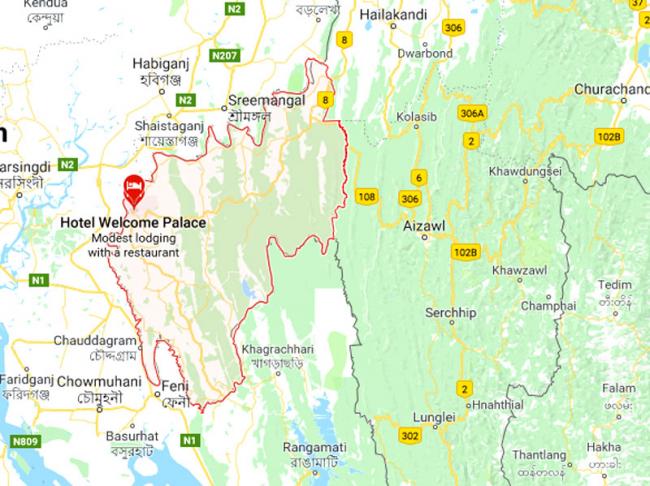
New Delhi, Jan 17 (IBNS): The 15th Finance Commission headed by N K Singh, had detailed discussions with the State Government of Tripura headed by the Chief Minister Biplab Kumar Deb.
The State Government made a strong pitch for increased devolution for setting up of better infrastructure specially in the health, IT, Power, Education, Tourism, Disaster mitigation and other sectors.
Among their major demands, they have asked for 50% devolution of the Divisible Pool, non-tax revenues like spectrum auction, oil and gas royalty to form part of Divisible Pool, increased devolution to manage Tripura’s forest cover as 60% of its land is under forest management of its very long international borders with Bangladesh and other issues.
The Finance Commission fully shared the vision of the state government to make Tripura a Model State. The Commission noted the effective measures being taken by the government in many sectors.
In HRD, special emphasis has been given to the improvement of schools, colleges, teacher education, welfare of students studying outside the state.
The Commission felt that the state had an HRD plan in place.
It was also noted that in the Health sector, the state was working to realize the huge opportunity in the development of Health sector, for the benefit of both the locals as well as their Bangladeshi neighbours.
The state government was working towards modeling the state as a biotechnology and IT hub as well as harnessing the State’s agricultural potential in the field of fruits, horticulture, downstream rubber plantation etc.
The Commission assured that it would give full support to the working of the new government.
A detailed memorandum was also received by the Commission from the State for the improvement of the indigenous people of Tripura. The Commission has assured to do what best could be done for them within the frame work of rules.
Overall the Commission felt that the growth trajectory of Tripura was positive.
It had done quite well in several important indices of human development in the recent past, while it still has a number of challenges which has been handed down from the past.
The Commission felt that the decisive new leadership with its focus on development would be able to realize its dream of making Tripura a model state.
The Commission would like to support all its endeavour and efforts to harness private capital and not rely on state funding for the development of the state.
Earlier the Commission had a most lively interaction with all political parties in Tripura.
There were high commonalities beyond seeking significantly higher devolution.
Four points were forcefully made:
First, the need to strengthen the access to Sea Port (Chittagong Port) in adjoining Bangladesh and making Tripura a maritime hub for North East.
Second, significantly improved road connectivity within Tripura to buttress tourism.
Thirdly, capitalize on Tripura’s comparative factor advantages in skilled manpower and agro-related industries, both for exports and marketing.
Fourth and very importantly, the memorandum of chief of the Indigenous People’s Front of Tripura highlighted the aspirations of the tribal society, dwelt on specific projects which would have multiplier benefits for tribal youth and meaningful employment opportunities. Their rich set of Memorandum desires careful consideration of the Commission.
The Commission also met the representatives of the trade bodies of the state and noted their concerns.
Support Our Journalism
We cannot do without you.. your contribution supports unbiased journalism
IBNS is not driven by any ism- not wokeism, not racism, not skewed secularism, not hyper right-wing or left liberal ideals, nor by any hardline religious beliefs or hyper nationalism. We want to serve you good old objective news, as they are. We do not judge or preach. We let people decide for themselves. We only try to present factual and well-sourced news.







